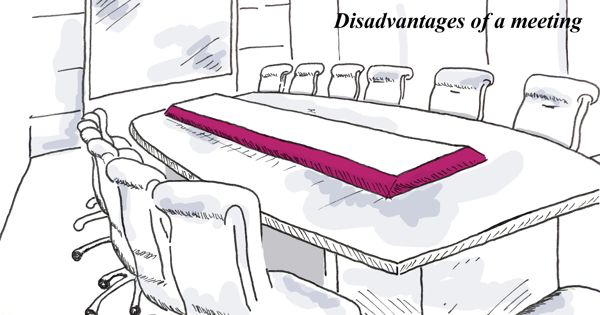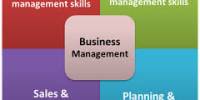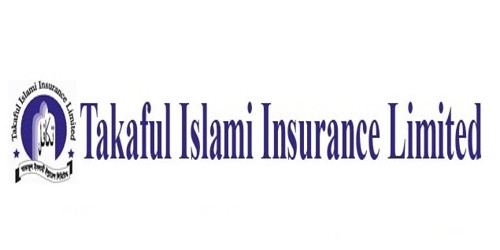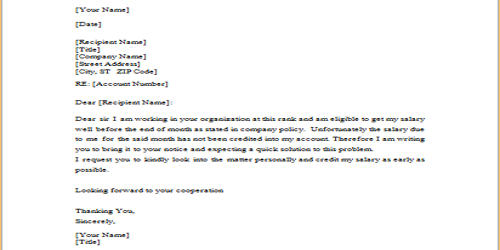Disadvantages of a Meeting in the workplace
Meeting enables face to face contact with a number of people at the same time. Many meetings take place in a business organization. A meeting is a coming together of three or more people to exchange information in a planned manner and discuss issues set out before them to arrive at decisions, solve problems, etc. Business meetings are a necessary part of operating in a professional environment. Inspire of enjoying various merits, a meeting is not free from the demerits. Some demerits are mentioned below:
- The loudest people in the room can dominate the conversation. In a public meeting, it is very difficult to control a large number of people.
- Meetings take a lot of time away from being productive. To arrange any meeting involves huge time which acts as a limitation to decision making.
- Meetings are expensive to arrange – they require a place, paperwork, prior communication, and traveling by the attendees. Because the company has to decorate the conference room, pay the T.A. and D. A. to the members, pay for cards, etc.
- Meeting requires decoration of the venue, an arrangement of accessories, and invitation or notification to the members. Moreover, it involves conveyance or entertainment. The whole process is costly.
- Unless takeaways are written down after, decisions made in the meeting aren’t recorded.
- Many meetings suffer from the drawback that members come unprepared and feel that the others will do the thinking and talking. They feel they can take a free ride.
There are many formalities to hold in a meeting. Agenda, minutes, regulations are needed for a valid meeting. Difficult to control: Sometimes it becomes very difficult for the speaker or chairman to control the meeting because the proverb says, “Many men many minds.” Moreover, without a clear leader to run the meeting, no one quite understands the rules of the meeting – waiting until the end of presentations to ask questions or leaving discreetly if an immediate need must be addressed, for example.
















